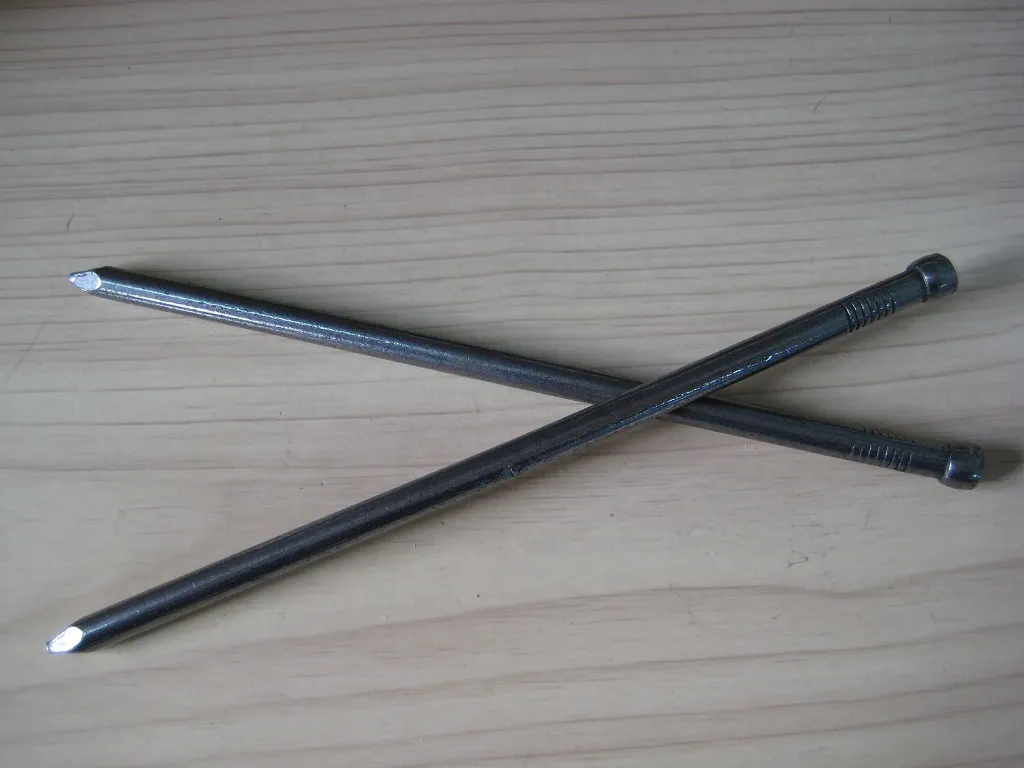types of anchor bolts for concrete
Types of Anchor Bolts for Concrete
Anchor bolts are critical components used in construction to create a secure connection between structural elements and concrete foundations. They provide stability and strength, ensuring that structures can withstand various loads and environmental conditions. Understanding the different types of anchor bolts is crucial for selecting the right one for a specific application. Here, we explore the main types of anchor bolts commonly used with concrete.
1. L-Shaped Anchor Bolts
L-shaped anchor bolts feature a distinct L shape which provides superior holding capabilities. One end is embedded in the concrete, while the other extends above the surface, allowing for connection to structural components. This design is particularly effective for securing machinery or heavy equipment, as the shape offers excellent resistance to pull-out forces.
2. Straight Anchor Bolts
Straight anchor bolts are the most straightforward design, consisting of a long metal rod with a threaded portion at one end. This type is often used in conjunction with a nut and washer to create a secure fastening. They can be installed before or after the concrete is poured, making them versatile for different construction stages. However, proper attention must be given to the placement to ensure maximum effectiveness.
types of anchor bolts for concrete

Split anchor bolts are designed to expand within the concrete as they are tightened, creating a secure fit. This type is especially useful in applications where the concrete’s integrity is a concern, as it minimizes drilling and allows for adjustment during installation. Split anchor bolts are frequently used in façade work and can accommodate various load requirements.
4. Expansion Anchor Bolts
Expansion anchor bolts function by expanding against the concrete when a bolt is tightened. They consist of a tapered pin that pushes against sleeves, which then expand into the concrete. This design provides a strong grip and is particularly favored for applications involving high loads or vibration, such as in machinery or structural supports.
5. Epoxy-Coated Anchor Bolts
These anchor bolts are coated with a layer of epoxy to resist corrosion, making them ideal for use in harsh environments, such as coastal areas or chemical plants. The coating protects not only the bolt itself but also enhances its longevity when embedded in concrete. They are available in various shapes and sizes, depending on the specific requirements of the construction project.
Conclusion
Choosing the right type of anchor bolt is essential for ensuring the integrity and safety of any construction project. Each type has its advantages and is suited for different applications. Whether you are securing heavy machinery, structural components, or dealing with challenging environmental conditions, understanding these various types will help you make informed decisions for optimal performance and durability.
-
Wire Mesh Solutions for Modern Industrial Needs
NewsJul.17,2025
-
Steel Wire Powers Modern Industrial Applications
NewsJul.17,2025
-
Iron Nails Big Iron Nail Price Guide Bulk Buyers
NewsJul.17,2025
-
Durable T Post Solutions for Industrial Fencing Projects
NewsJul.17,2025
-
Durable Hexagonal Wire Netting For Modern Applications
NewsJul.17,2025
-
Building Material Wholesale Solutions for Modern Construction Needs
NewsJul.17,2025














